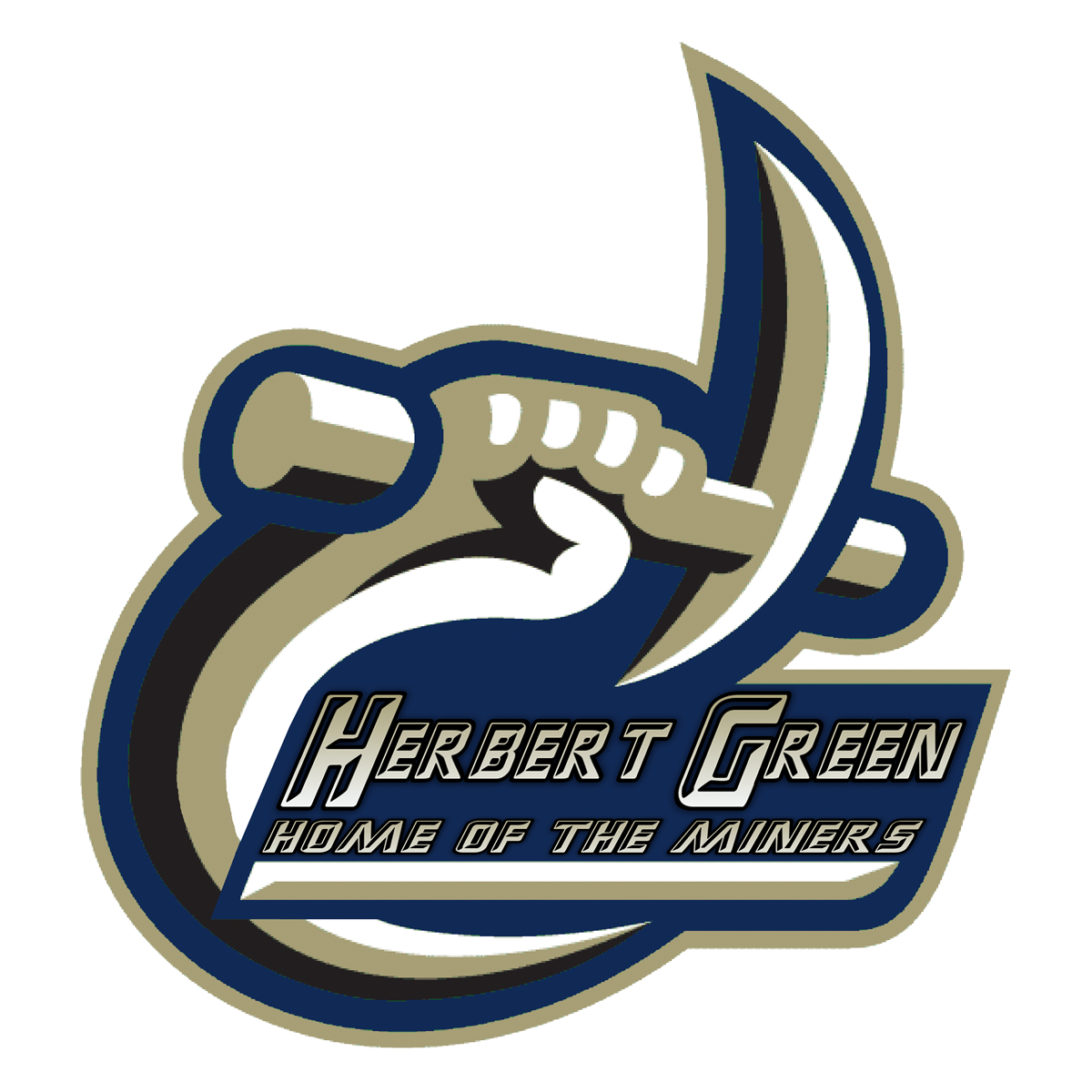Skip to content
Show submenu for Staff
Show submenu for School Info
Show submenu for Parents
Parents
Show submenu for Students
Show submenu for Instructional Resources
Instructional Resources
Show submenu for Athletics
Athletics
Agendas
Show submenu for
